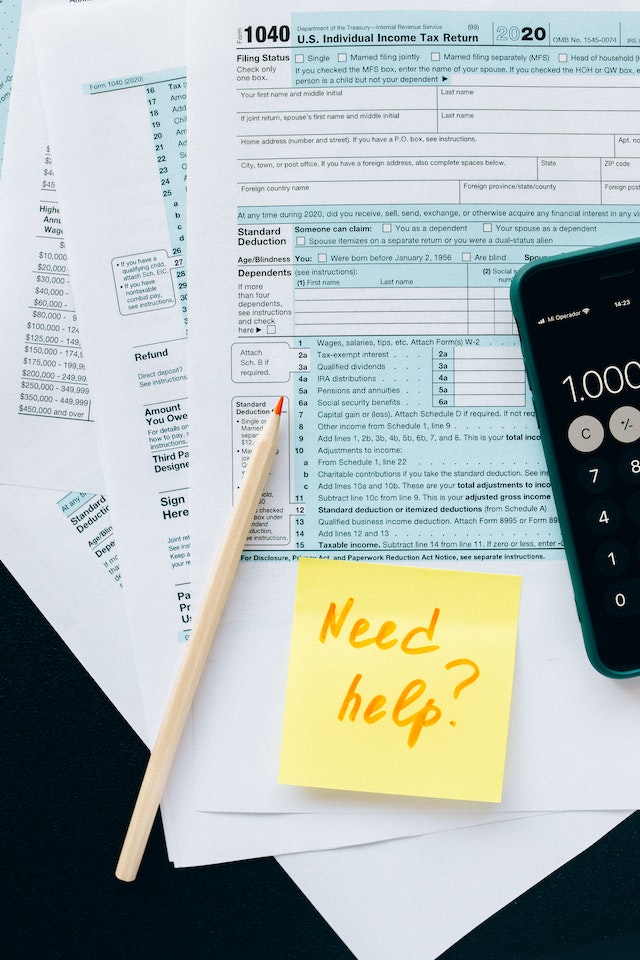
New year's goals realization is in full swing, with topics ranging from getting in shape to breaking bad habits to even learning a new skill. It's also the perfect moment to set new financial objectives.
You can achieve these goals with the correct resources, budgeting practices, and personal finance accounting procedures, whether your goals are to pay off debt, buy a new automobile, or put more money into investments and savings. Good budgeting begins with careful preparation and faithful adherence to the schedule you set up at the start of the year. Here are some tips for organizing your personal money this year.
1. In addition to your emergency savings, create a rainy day fund.
It's a good idea to start both an emergency fund and a rainy day fund, even if they may be utilized in different ways. An emergency fund should typically have three to six months' worth of living costs saved up, whereas rainy-day reserves are often between $500 and $5,000. Although an emergency fund should be set up for catastrophes like job losses or significant life disruptions, you may utilize your rainy day fund for minor life disruptions like significant auto repairs, home appliance repairs, or unforeseen medical operations.
A rainy day fund will provide you peace of mind while you pursue other financial objectives. Decide how much you need to save first, then add to that amount every time you are paid until you achieve your target. Utilize a high-yield savings account with no withdrawal costs to be ready for unforeseen life needs.














